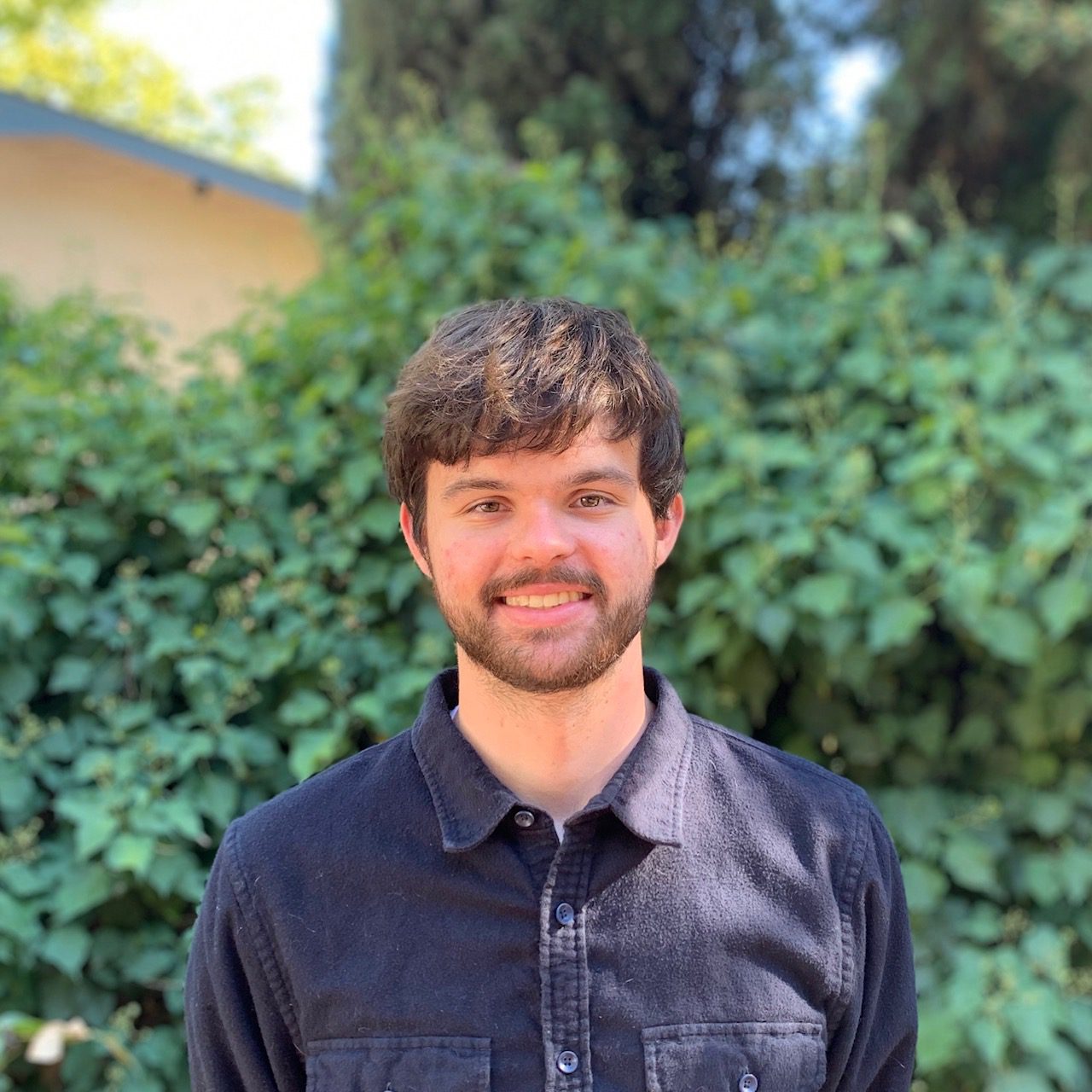As the chief human resources officer of Granules India Ltd., a pharmaceutical manufacturing company in Hyderabad, India, Uma Rao is reimagining talent management for teams in India and the U.S. Rao’s passion for high-quality, process-driven talent management that aligns with business strategy keeps her driven and anchored to her teams.
With more than three decades of experience in HR and talent management, Rao has led teams in manufacturing, auto, consultancy and cellular providers for organizations including IBM, Mars and Ashok Leyland, where she elevated and transformed talent management functions. Rao uses this deep well of knowledge and experience to lead effectively as CHRO.
“Uma is extremely knowledgeable, dedicated and understands the pulse of the people,” says Mantha Srinivas, chief operating officer at GMR Group, who worked with Rao at Idea Cellular. “She integrates her HR skills with the business understanding, which helps drive business goals on a sustainable basis.”
Industrial beginnings
Rao, who grew up in India, says at first she didn’t know anything about HR. Instead she was focused on personnel management — then referred to as “industrial relations” — which meant managing employees on shop floors.
“It was unconventional for women to get into this,” Rao says. But she was able to hone her skills at one of the most famous institutes for HR, the Tata Institute of Social Sciences in Mumbai. She said she always felt she had a good sense of function and administration capabilities — a head and a heart — which made her feel included in the field.
At the Tata Institute, Rao found herself in a unique cross-section of social and human resource learners. She says she was inspired by graduates coming back to contribute and work with students like herself, and her experience there showed her how different backgrounds and social strata affect learners.
“Sharing the campus with people who were doing master’s in social work along with us, we developed a very different perspective of the function,” Rao says. “Here was a mindset that developed to appreciate an organizational environment, and also understand the human beings in these organizations.”
Transitioning into the workforce was an adjustment, but three core lessons ultimately shaped Rao into the leader she is today. She learned the first lesson as a recent college graduate with something to prove when she moved into industrial relations for the Hindustan Petroleum Corp.
“When you hit the ground reality, a few things shatter around you,” Rao says. As deputy manager dealing with veterans and some employees with criminal records, she evolved into a formidable leader. “I became tougher, more resilient and tenacious by dealing with a lot of issues,” Rao says.
Eventually transitioning into the information technology industry at a booming time in India as general manager of HR for Idea Cellular, Rao learned how to handle the scale and complexity of talent management with strategies she still uses today. From hosting a recruiting event for 10,000 workers — double the amount of people they were expecting — to then managing a workforce of 5,500, it was in many ways “a baptism of fire,’’ Rao says.
Having to send away 10,000 anxious people inside the campus for the recruitment event and working through the night to reorganize to accommodate the sheer volume of people resulted in “militant, clockwork precision,” Rao says. “If it hadn’t been for that terrible debacle on day one, day two would have been something to remember.”
Beyond gaining the new experience of working diligently through the night, the debacle taught her the importance of lesson No. 2 — asking for help. Learning to leverage the community around her as her “emotional anchor” has been paramount in her journey, she says.
Lesson No. 3 came when Rao was posted in South America as an assistant general manager of HR and forced to operate completely out of her comfort zone. She says initially it was a challenging adjustment; she didn’t know the language or culture and had to care for her child without daycare or extra help. But as she used the lessons she had already learned, she excelled at setting up talent management processes in Chile, Uruguay and Brazil.
“This one just took it to another level,” Rao says. “I can be in another country and 40 hours away from my home country, and I can manage. That really brought a lot of self confidence in another life-changing experience.” The Andes mountains, Chilean desert and Brazilian beaches didn’t hurt either, she adds.
Big (pharma) moves
After seven years in the automobile industry, Rao felt she needed to make a change to work closer to home. As the COVID-19 pandemic hit, a board member suggested her name to Granules India Ltd. The role meant returning to her home base in Hyderabad, and Rao was also attracted by the opportunity to work in the pharmaceutical sector post-pandemic with an opportunity to do good.
Once the company’s chairman remarked on his vision, Rao knew she was on board. “If the head of an institution articulates that they want to work to heal the planet, I can see a visionary in such a person,” Rao says. “It’s not just about the medicines they produce, but green efforts, sustainable initiatives.”
Now Rao leads an HR cohort of 72 talent professionals. Her corporate team includes units on learning and development, community, social responsibility activities and corporate communications, and a 10-member HR team that coordinates talent acquisition, performance management and succession planning. The company also has six manufacturing plants in India and one in the U.S., with an operations HR team and research and development team.
As CHRO, Rao leads from a top-down and bottom-up perspective. Implementation is always top-down, she says, “but evolving them is bottom-up because it has to be understood and brought in by people to be accepted and complied with. … We need to understand the ground reality and then tailor those programs of productivity as well as incentives.”
With her natural, understanding leadership style she excels at creating buy-in for company goals. “As an educator, Uma articulates clearly and communicates information in a way that resonates for all learning styles,” says Lynne Hamilton, pathways technical eminence program consultant at IBM. “Uma’s integrity is unparalleled.”
Quality control
At Granules India, Rao’s working philosophy is based on accountability and responsibility. She believes maintaining quality standards, training people to understand requirements and managing people so they are motivated with consistent performance is ideal, especially at a pharmaceutical company.
“If you want to heal the planet, you need to be very disciplined,” Rao says. “You need a high degree of accountability and responsibility to do what you do. If each person is qualified, understands their job and takes accountability for it, there’s hardly a chance you can go wrong.”
Throughout the past year as CHRO, Rao is proud of all that she’s accomplished — all over a relatively small amount of time, and what’s felt like a rollercoaster, she says. Initially tasked with setting up an entire learning function for the organization, Rao took a different approach than just throwing programs at her learners. Instead, she implemented programs based on helping workers represent the work they’ve done more clearly. After a short period of competency mapping to see gaps at the company, Rao transformed how the organization sees its talent.
More significantly, Leap 200, a program focused on generating $3 million EBITDA (USD), was a key sponsored program for Rao. Leading change management for the program, she is implementing culture, reward recognition, accountability and overall review for how they’re progressing. Momentum is at an all-time high, Rao says; she expects they will exceed their original goal.
In the pharmaceutical industry, Rao says training needs to be embedded in the work process when it comes to typical talent management functions like conflict resolution.
“These are things that you wouldn’t blink an eye about in any other place,” Rao says. “But out here, everything we do connects to the product. I have worked in so many different types of industries, but this was the most sensitive one that I ever heard, and that now makes me think about everything I do from the product to the customer.”
Moving forward, engagement and talent retention will remain the priority for Rao and her team. For a younger generation with fewer aspirations — or less ability — to own things because of urbanization and how the world has changed, Rao says HR management systems need to account for unique methods of motivating and engaging individuals.
“The cookie-cutter approach never works,” Rao says. “Finding these customized solutions and approaches is more difficult, but very much required. We still don’t have our arms around this issue in terms of how to handle it.”
Tectonic shifts
Rao says she’s most excited about celebrating her team’s work this year by making it on a few “Great Place to Work” lists, with all the changes they’ve made in such a short time. Looking ahead, Rao expects to keep current in the industry as a representative and officer of the Confederation of Indian Industry – Southern Region and the Indian Women Network. Working for the next generation, she also mentors (and reverse mentors) upcoming HR leaders through a diversity mentorship program.
Rao believes the pandemic has provided the industry with many lessons we should still be learning. The new world of work allowed organizations to completely revamp their work to make it more contemporary.
“It was a great opportunity provided by the universe to make a tectonic shift in what we’re doing,” Rao says. “It’s sad to see that people have crawled back to the default position. And I think those organizations won’t last for long.”











